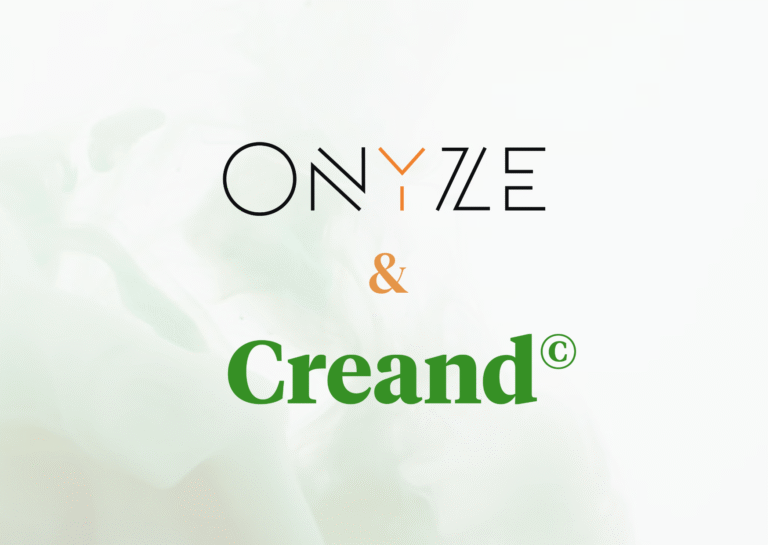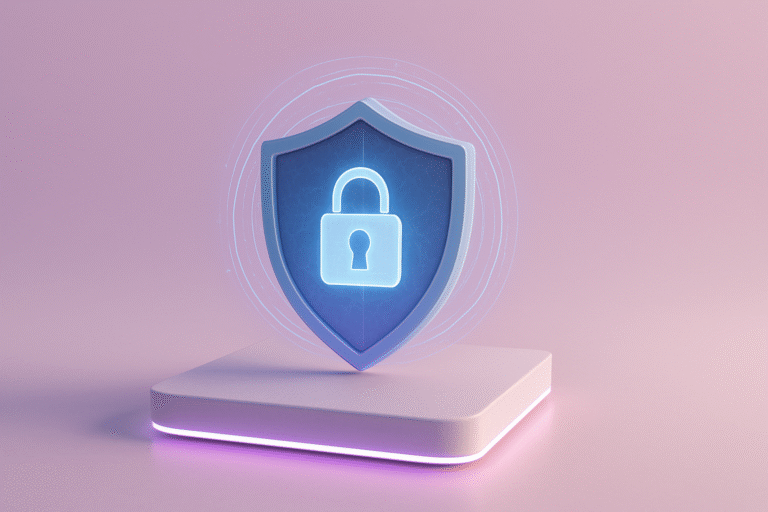A Decentralized Autonomous Organization (DAO) is an innovative organizational structure that uses distributed ledger technology, typically blockchain, to facilitate collaboration and decision-making among people with common interests.
Unlike a traditional organization, a DAO does not require a central authority to manage funds or run its operations. Instead, it uses smart contracts to manage its activities autonomously and transparently, allowing its members to participate directly in governance and resource management.
Smart contracts, the DAO managers
DAOs are characterized by their decentralization and autonomy thanks to smart contract technology, which contains defined rules for the operation and protection of funds and operates according to the decisions of its members. They are transparent, with all transactions recorded in a public registry, and allow for participatory governance, where participants vote on decisions using governance tokens.
This sort of token grants its holder the right to actively participate in the decision-making and management of a project.
Generally, each token represents one vote, allowing holders to influence key aspects such as the election of representatives, the allocation of funds and the implementation of new proposals, among others.
Comparison with traditional organizations
| DAO | Traditional organization | |
| Structure | Usually flat and fully democratized | Usually hierarchical |
| Changes | Requires member voting | Can depend on a single person or vote |
| Implementation of votes | Automatic, without intermediaries | Manual, requires internal management |
| Services offered | Automatic and decentralized | Requires human control or centralized automation |
| Transparency | Completely public activity | Typically private activity |
How a DAO works
The operation of a Decentralized Autonomous Organization (DAO) is based on a series of steps and processes that leverage technology to ensure efficient and transparent management. The following are the key steps in the creation and operation of a DAO:
Creation
- Define goals and rules: DAO founders define the organization’s goals and rules.
- Smart Contract development: Smart contracts are programmed and deployed on a public DLT or blockchain. These contracts include mechanisms for managing funds, voting, and executing decisions.
- Funding: DAOs are often funded through an initial coin offering (ICO) or governance token offering (GTO), where tokens are sold to stakeholders. These tokens are usually governance tokens and, as mentioned above, grant voting rights or decision-making power in the organization.
Operation
- Proposals and voting: Members can make proposals for the DAO to take certain actions, such as electing representatives, allocating funds, and implementing new proposals, among others. Proposals are voted on by the DAO membership.
- Implementation of decisions: If a proposal is approved by the required majority of votes, smart contracts automatically execute the necessary actions, such as transferring funds or updating administrative mechanisms.
- Transparency and auditability: All transactions and decisions are recorded in a public ledger, allowing anyone to audit the DAO’s activities.
Pros and challenges
Pros
- Efficiency and cost reduction: By eliminating the need for intermediaries and automating processes, they can operate more efficiently and at reduced costs.
- Transparency and trust: Inherent transparency increases trust among members and reduces the risk of fraud and corruption.
- Inclusion and participation: They can encourage greater participation and representation of their members, since everyone has the opportunity to propose and vote on important decisions.
- Global services: Thanks to their decentralized nature, they can offer services anywhere in the world.
Challenges
- Security: The security of smart contracts, in addition to the underlying registration technology, is crucial. Vulnerabilities in the code can be exploited, as happened in the case of The DAO, cited in the Ethereum article.
- Management: If a small number of users own a large number of governance tokens, they can make decisions for their own benefit, centralizing control. In addition, voting systems can be manipulated through practices such as the “Sybil attack,” where a user creates multiple identities to influence the results.
- Regulation: Due to their decentralized nature, they are not bound to any specific regulation or law and this can cause problems when trying to adapt to all existing legal frameworks.
- Complexity: Creating and managing a DAO requires advanced technical knowledge and a deep understanding of the technology.
Security measures
To mitigate the security risks associated with a DAO, several security measures are implemented. These include thorough code reviews and external audits to identify and fix vulnerabilities, as well as the design of robust smart contracts with built-in security mechanisms.
In addition, rigorous testing and simulations are conducted, and reward programs are established to incentivize bug reporting. Funds are managed through multi-signature wallets, and ongoing security education for developers and members is promoted to strengthen integrity and trust in the organization.
Conclusion
DAOs represent an evolution in organizational management and governance, democratizing decision making and eliminating the need for intermediaries. Although they face significant challenges in terms of security, regulation, and technical complexity, their potential to offer greater transparency, efficiency, and inclusiveness is undeniable.
With the implementation of appropriate risk mitigation measures, DAOs can become a transformative force, promoting more participatory and trustworthy governance around the world.

This article concludes our series on decentralized finance, which includes DeFi, NFT, Oracles, Smart Contracts and DAOs. Previous articles have provided an essential introduction to DAOs, highlighting the benefits and broad application of these innovative technologies.
Resources:
[1] Ethereum: DAO
[2] Kraken’s blog
Want to learn more about blockchain technology? Don’t miss these resources!
At Block&Capital, experts in IT recruitment in Spain, the UK, the USA, and Andorra, we connect companies with exceptional tech talent. Our mission is to create opportunities where growth and success are within everyone’s reach. Contact us today to find the right IT talent for your company.
Last posts





